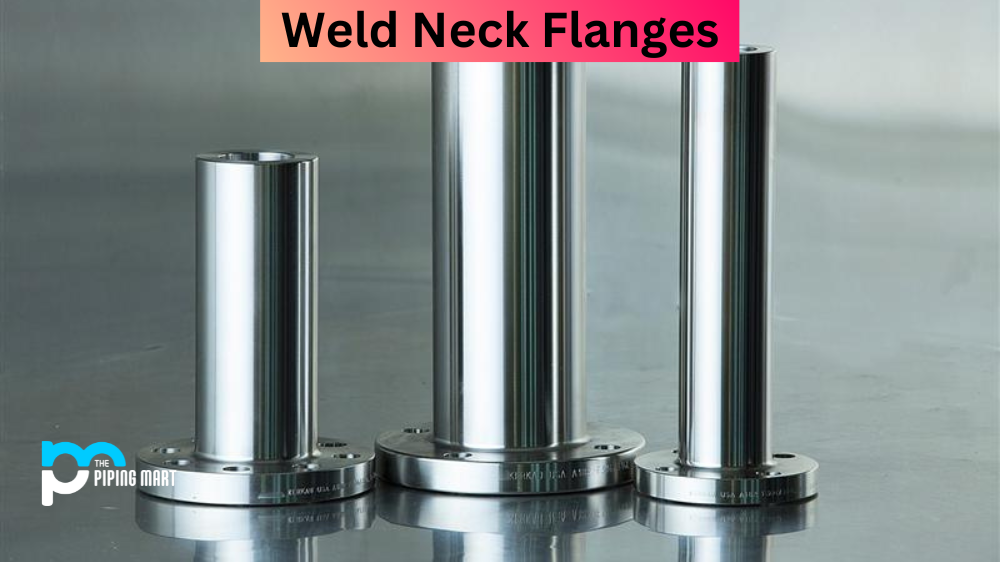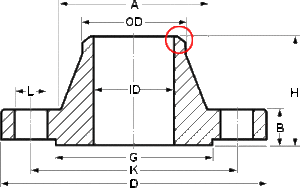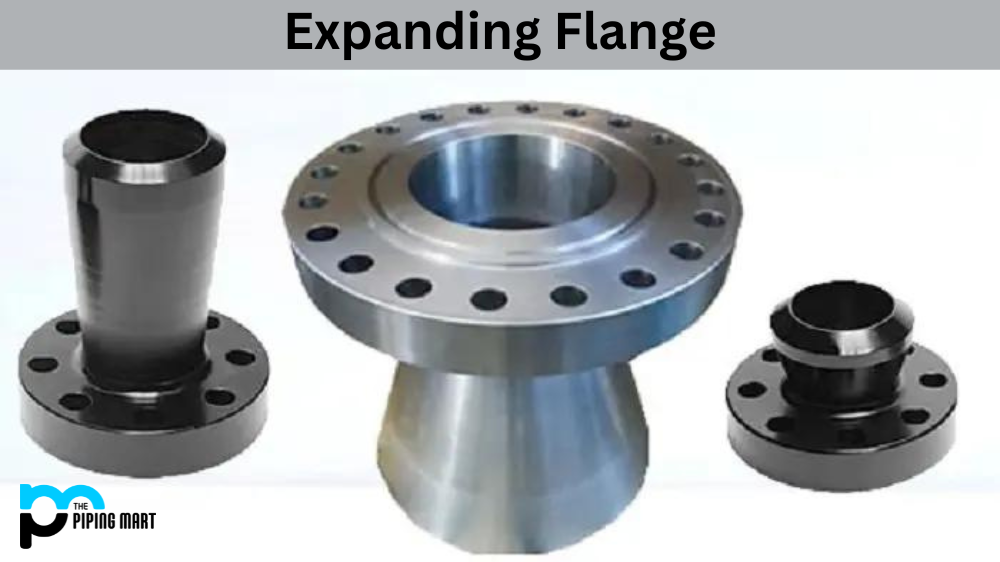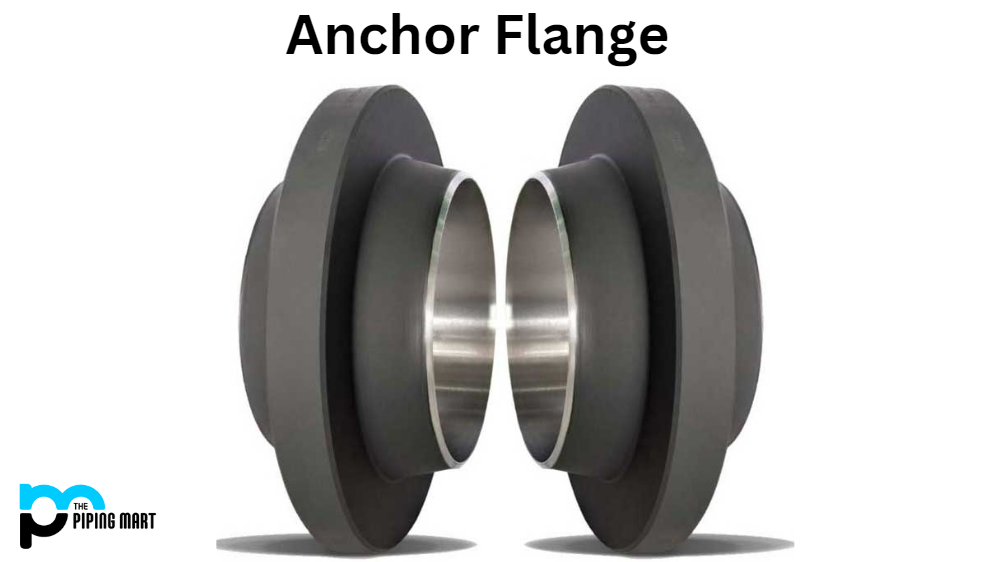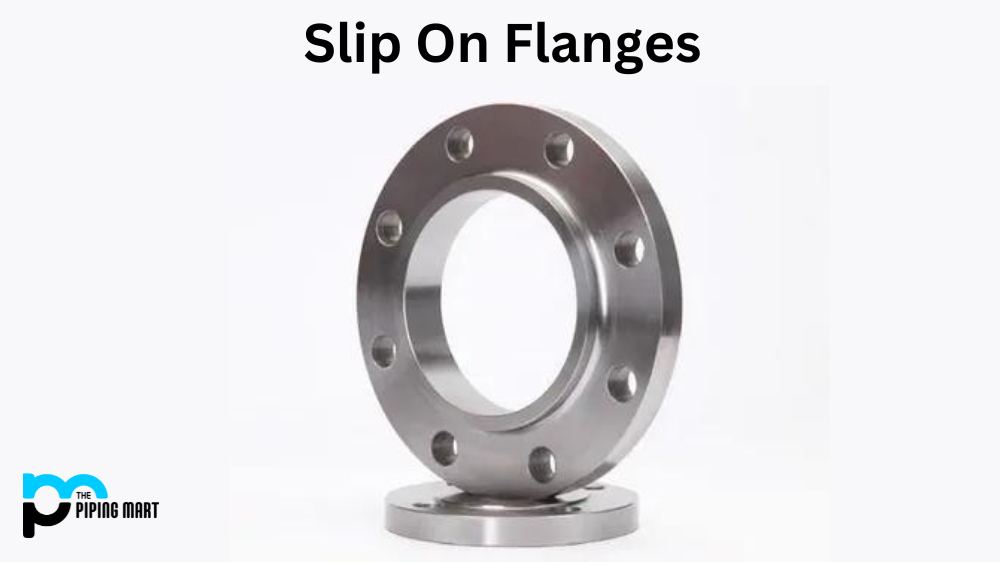Weld neck flanges, also known as welding neck flanges, are one of the most commonly used types of pipe flanges in the industrial and commercial sectors. They are designed for use with pipes to create a secure connection that is both reliable and leak-proof. In this blog post, we will discuss what weld neck flanges are, how they are used, and the different types available.
What is Weld Neck Flange?
Weld neck flanges join pipes securely, forming an airtight seal. They comprise a welded pipe stub end and a slip-on welding collar. The collar is fastened onto the stub end with bolts or screws, ensuring a tight connection capable of withstanding high pressures. These flanges feature a rim around the edge to enhance strength, durability, and leak resistance.
Weld Neck Flanges Uses
Weld neck flanges are crucial in industrial setups, linking pipes for large structures like boilers and tanks. They’re versatile, connecting pumps, valves, and various equipment pieces. They’re vital for plumbing systems, joining water lines and establishing drainage networks for commercial use. Their adaptability makes them indispensable across diverse applications.
Weld Neck Flanges Types
There are several different types of weld neck flanges available depending on your needs and application requirements. These include full face (FF) weld neck flanges; raised face (RF) weld neck flanges; threaded (NPT) weld neck flanges; lap joint (LJ) weld neck flanges; socket (SW) weld neck flanges; blind (BL) weld neck flanges; and reducing (RX) weld neck flanges well as many others. Each type has its own specific uses, so it’s important to choose the right one for your application in order to ensure optimal performance and safety standards are met.
Weld Neck Flange Dimension
| CLass | 150 | 300 | 600 | 900 | 1500 | 2500 |
| DIA A | 30 | 38 | 38 | 38 | 38 | 43 |
| DIA D | 90 | 95 | 95 | 120 | 120 | 135 |
| THK B | 11.2 | 14.3 | 20.7 | 28.7 | 28.7 | 36.6 |
| DIA G | 35.1 | 35.1 | 35.1 | 35.1 | 35.1 | 35.1 |
| DIA K | 60.3 | 66.7 | 66.7 | 82.6 | 82.6 | 88.9 |
| H | 47.6 | 52.6 | 58.4 | 66.4 | 66.4 | 79.4 |
| NO. L | 4 | 4 | 4 | 4 | 4 | 4 |
| DIA L | 15.9 | 15.9 | 15.9 | 22.2 | 22.2 | 22.2 |
Conclusion
Welding Neck Flange connections provide a reliable seal between two pipes while still being able to withstand high-pressure levels without leaking or cracking under stress. There are several different types available depending on your application needs ranging from full face to threaded or lap joint styles. By choosing the right type for your application, you can ensure optimal performance as well as adhere to safety standards when building structures such as boilers or tanks with multiple connection points relying on this type of connection point. With proper installation and care, these connections can last for many years, providing you with reliable service throughout your lifetime!
Meet Heer, a dynamic and driven writer learning tricks of her trade in the metal industry. With a background in Digital Marketing, Heer brings a unique perspective to her writing, sharing valuable insights. Apart from blogging she like reading and hiking.

